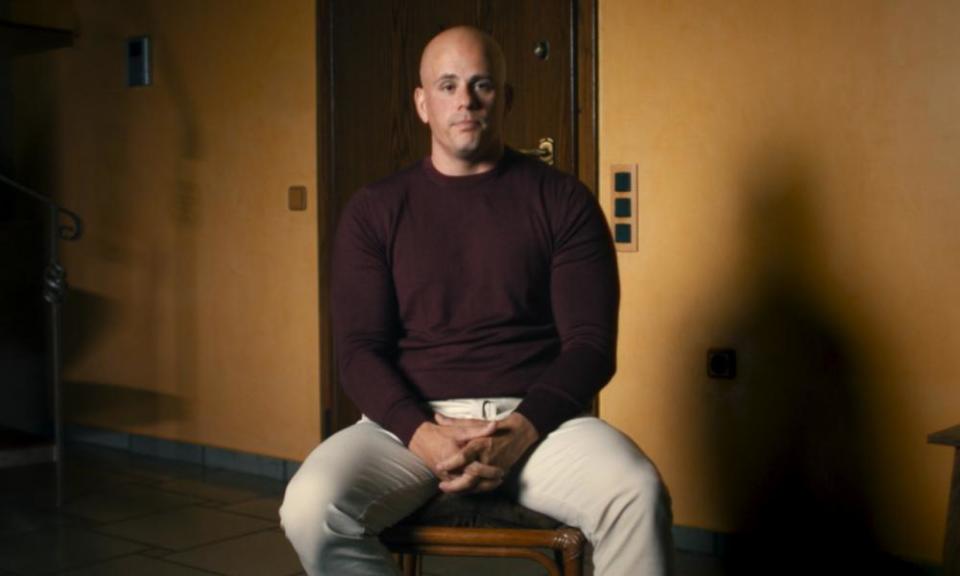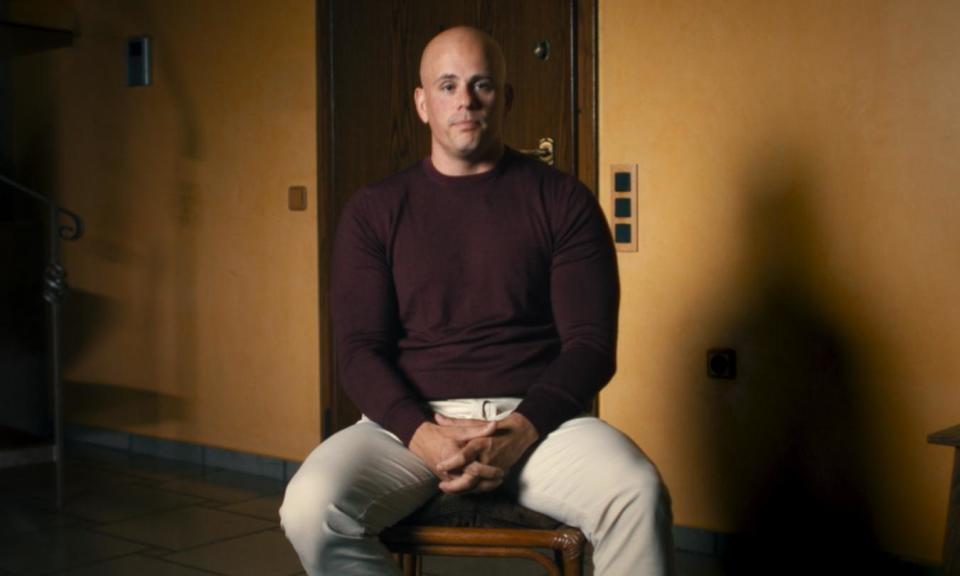Greek coastguard’s treatment of migrants ‘clearly illegal’, says ex-officer
A former Greek coastguard officer has described as “clearly illegal” the actions of colleagues who abandoned nine migrants at sea in one of 15 alleged pushbacks from Greek islands or territorial waters that reportedly killed dozens of people.
In an interview with the BBC, Dimitris Baltakos, the Greek coastguard’s former head of special operations, refused to speculate about footage the broadcaster showed him, after earlier denying the coastguard would ever be told to do anything illegal.
But during a break he was recorded by a BBC camera telling someone out of shot in Greek: “It’s very clear, isn’t it. It’s not nuclear physics. I don’t know why they did it in broad daylight … It’s obviously illegal. It’s an international crime.”
The footage he described, shot by the Austrian activist Fayad Mulla and first published on the website of the New York Times, showed 12 people, including women and babies, being led down a Greek jetty on to a coastguard boat, then later abandoned to drift on a raft.
The group were rescued by the Turkish coastguard but the incident is one of more than a dozen between 2020 and 2023 analysed by the BBC that it said had resulted in a total of 43 deaths.
Activists have long accused the Greek government of forced returns – pushing asylum seekers out of Greek territorial waters back towards Turkey, or taking them out to sea again after they have reached Greek islands – which is illegal under international law.
The government has consistently denied doing so. On Monday a spokesman, Pavlos Marinakis, said: “We monitor every publication, every investigation, but I repeat: what has been reported is in no way proven.”
The Greek coastguard told the BBC, whose investigation was carried out with the migrant support organisation Consolidated Rescue Group, that it strongly rejected all accusations of illegal activity.
The coastguard said its staff worked “tirelessly with the utmost professionalism, a strong sense of responsibility and respect for human life and fundamental rights”, adding that it had rescued 250,834 people in 6,161 incidents at sea from 2015 to 2024.
The BBC said that in four cases it had been able to corroborate its initial secondary source accounts by speaking directly with witnesses. In five incidents, migrants said they were thrown into the sea by Greek authorities.
In four of those cases, they said they had landed on Greek islands but were caught and taken back out to sea before they could reach the special registration centres where, under Greek law, all migrants seeking asylum are entitled to record their claims.
In several incidents, migrants said they had been put on inflatable rafts or dinghies without motors that then deflated, or even seemed to have been punctured. One Cameroonian man said he was “hunted” after landing on Samos in September 2021, in an incident previously investigated by the Guardian, Lighthouse Reports, Mediapart and Der Spiegel though interviews with witnesses and analysis of classified documents, satellite imagery and social media accounts.
“The police came from behind,” the Cameroonian man said. “There were two policemen dressed in black, and three others in civilian clothes. They were masked, you could only see their eyes.” Along with two others, he was put on a Greek coastguard boat.
Two were thrown directly into the water, the man said, including an Ivorian man who said: “Save me, I don’t want to die … and then eventually only his hand was above water, and his body was below. Slowly his hand slipped under.”
The EU said on Monday it was aware of the “terrible allegations”. “Greek authorities, as in all EU member states, must fully respect obligations under the asylum and international law,” a European commission spokesman told journalists in Brussels.
The investigation forms the basis for a BBC2 documentary, Dead Calm: Killing in the Med?

 Yahoo News
Yahoo News 

